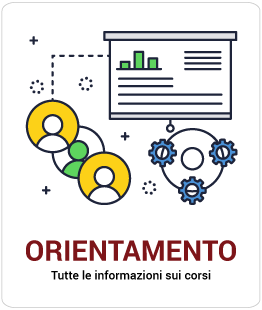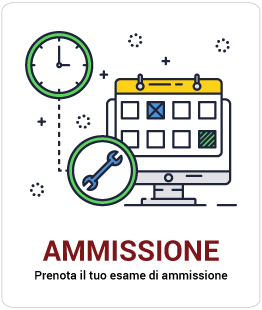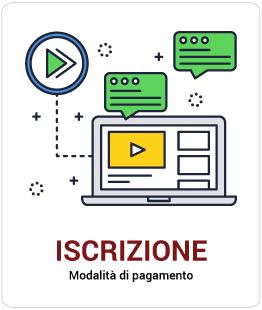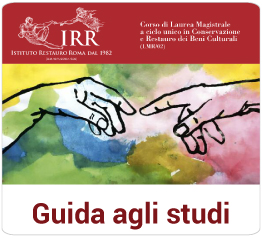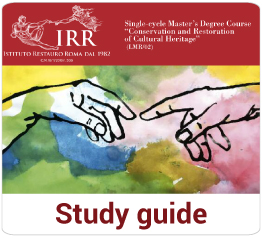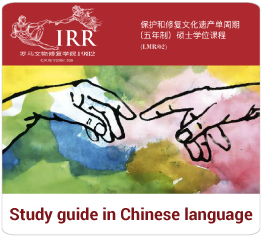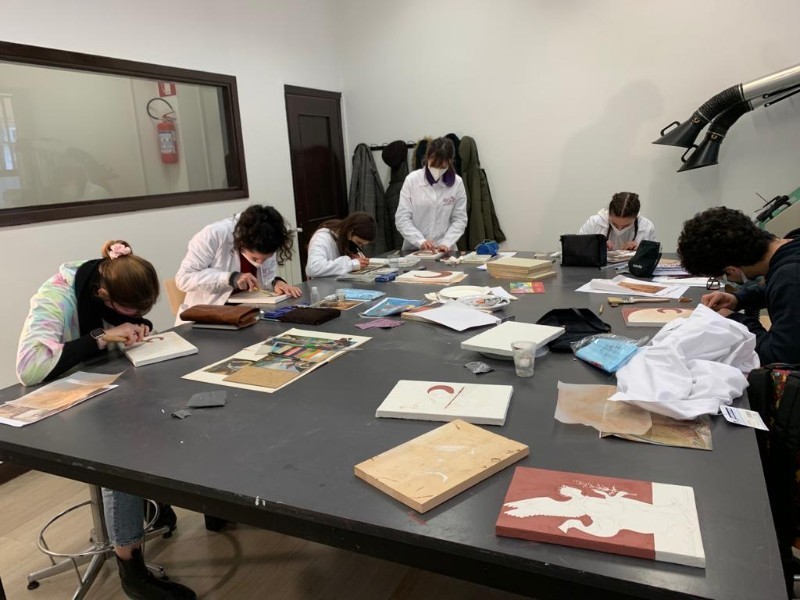
Autori:
Prof. Stefano Ridolfi
Prof. Susanna Insogna
Prof. Teresa Rinaldi
Prof. Roberto Luciani
Abstract:
Non-invasive and micro-invasive investigations on Cultural Heritage have become fundamental for optimizing the phases of restoration of works of art. For the diagnostic campaigns to be effective, a close collaboration is necessary between the diagnostic scientist who carries out the investigations and the restorers who need the scientific results. The ability to share a common lexicon and basic scientific knowledge between scientists and restorers is crucial in modern restorers. These skills allow for a fluid and effective dialogue between the different parties. For this to happen, the scientific curricular courses of the master's degree courses of modern restorers and the institutional didactic laboratories that allow the operational application of theoretical studies are of great importance.
Indeed, the scientific laboratories of the Istituto Restauro Roma carry out their educational and operational tasks in the didactic workshops where, directly in the cases of interest, the training of the future restorers takes place. Physicists, chemists, and biologists work together with students to scientifically represent the conservation issues that educational restoration yards have to face.
In this presentation, we show some cases in which non-invasive and micro-invasive physical, chemical, and biological investigations have been of help for the training of future restorers.
Conferenza internazionale ART23 - More info
